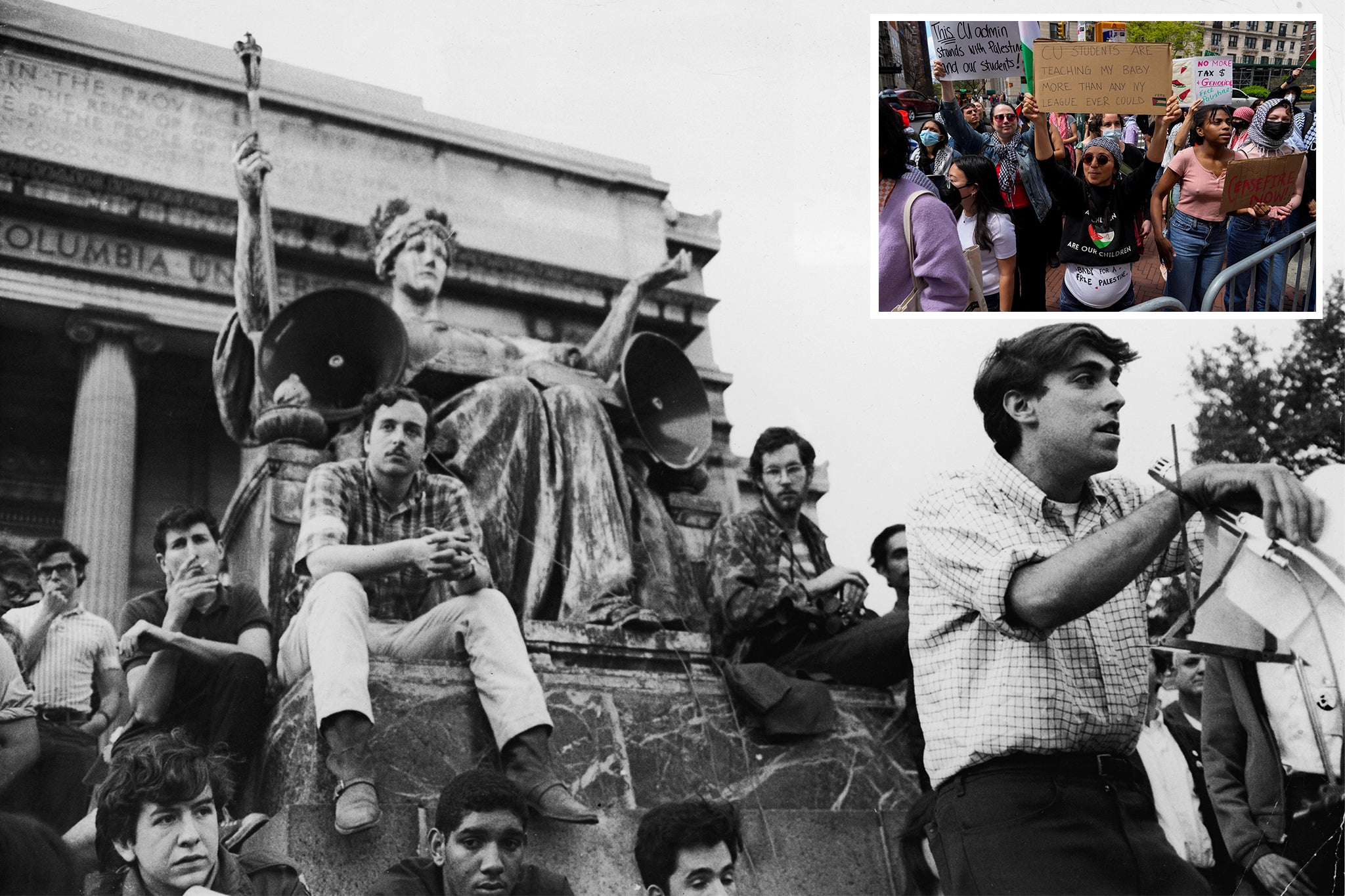Columbia’s protesting students have much to learn from the 1960s ‘glory days’
How many parallels can really be drawn between the pro-Palestine sit-ins disrupting American campuses and the civil rights campaigns that sparked violent clashes – and helped achieve significant societal change – more than half a century ago? Surprisingly few, says Mary Dejevsky


As the calendar turned from April to May, police marched onto the campuses of two major universities, one on each coast of the United States, and dispersed hundreds of students. At Columbia University in New York City, the students – protesting in support of Palestinians in Gaza – mostly went peacefully, and their occupation of the historic Hamilton Hall, if not their campus encampment, came to an end. It was another story at the University of California, Los Angeles (UCLA), where violent scuffles broke out, first between pro-Palestinian and pro-Israel groups among the students themselves, and then with the police.
To many Americans – and not just Americans – these protests and the manner of their dispersal, by serried ranks of super-confident “cops”, represented a lot more than a here today, gone tomorrow news story. They brought back memories and invited parallels with the now legendary student protests of the late 1960s and early 1970s. To make the point, many media outlets – mainly in the US, but in Europe, too – interspersed the brightly coloured mobile phone footage from today with grainy black-and-white clips from then.
Even those who are too young to remember, let alone to have taken part in those protests – the vast majority of Americans – will have imbibed something of what happened then from their parents and grandparents, as from photo-histories proudly displayed by the universities concerned. The campus protests and occupations of more than 50 years ago were glory days, seen by participants then and historians now as righteous challenges to the misuse of state power – the war in Vietnam and the draft – and to the entrenched social injustice that consigned Black Americans to the status of second-class citizens.
Join our commenting forum
Join thought-provoking conversations, follow other Independent readers and see their replies